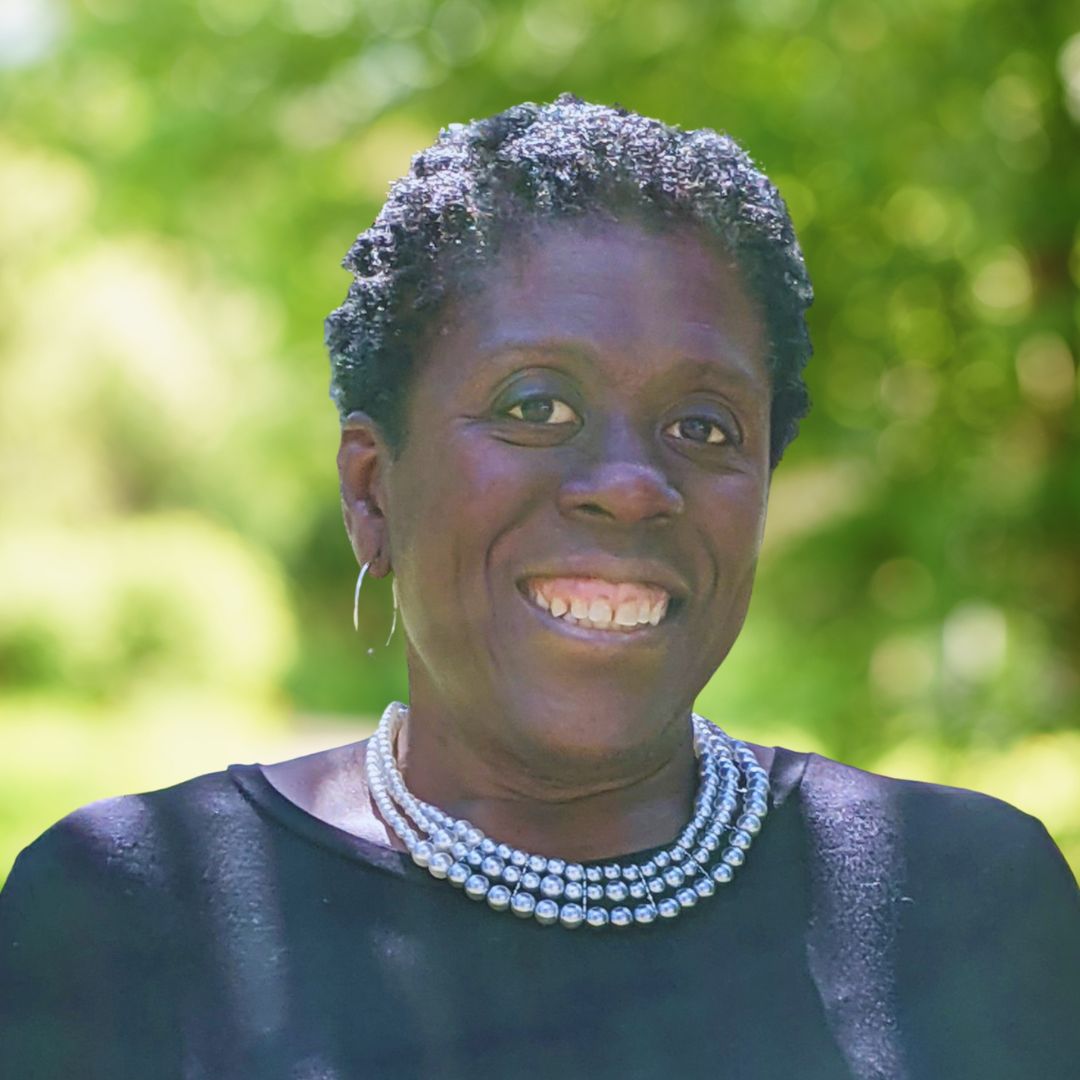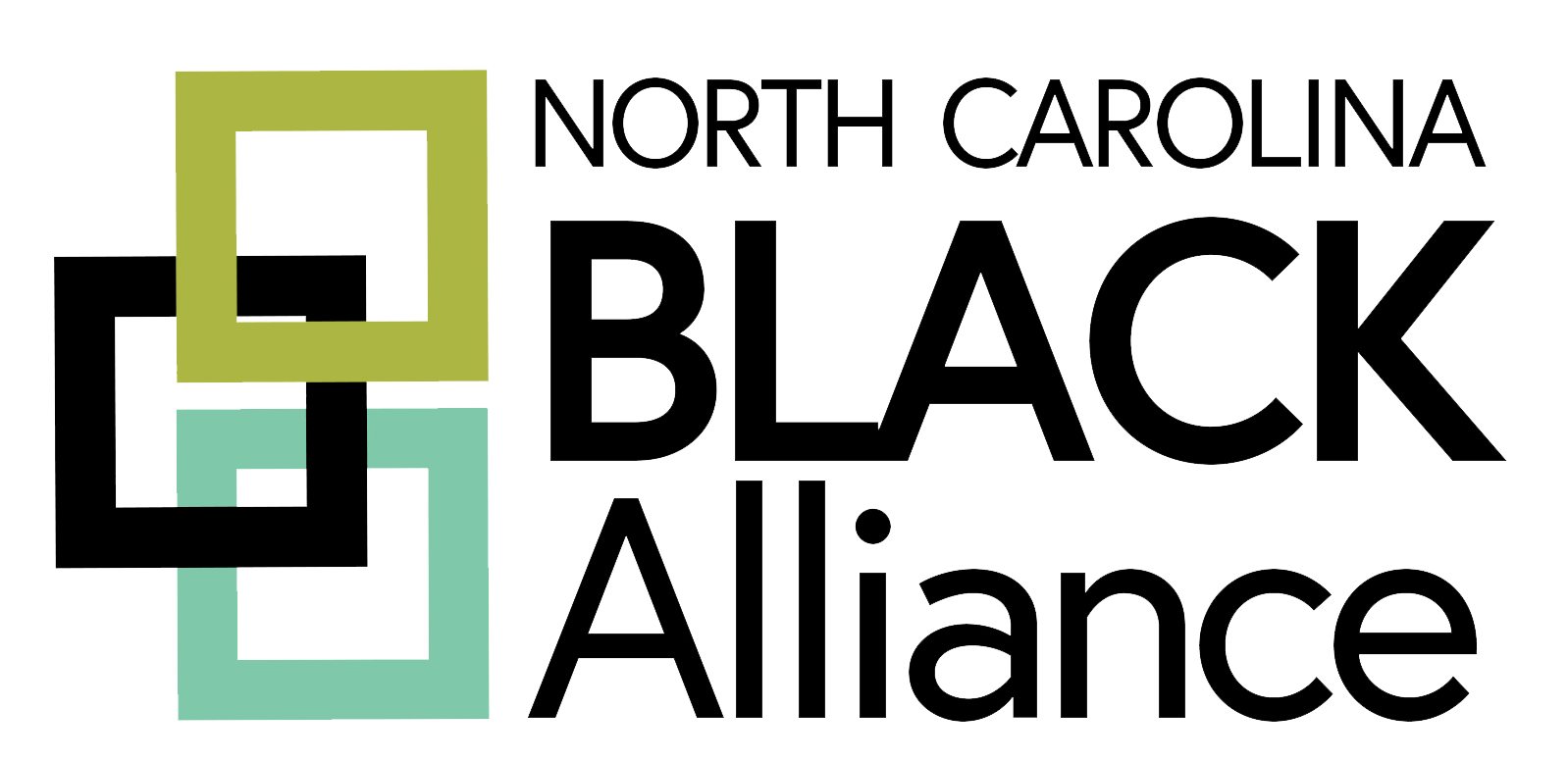Black Health Activism and Organizing Through The Years
As we celebrate Black History Month, it is crucial to recognize and uplift the often-overlooked legacy of Black health activism and organizing. From the Civil Rights Movement to the present day, Black communities have been at the forefront of advocating for equitable access to healthcare and addressing systemic injustices that disproportionately impact their well-being. Throughout history, community leaders and groups have confronted barriers ranging from discriminatory medical practices to unequal distribution of resources, fighting tirelessly to ensure that all individuals have the opportunity to lead healthy lives. Their efforts have led to tangible improvements in healthcare access and outcomes and sparked larger conversations about social determinants of health and the intersectionality of race, class, and health disparities. In the face of ongoing challenges, the resilience and unwavering determination of Black activists and community leaders continue to drive progress toward health equity.
The fight for equitable access to quality healthcare for everyone has been part of the foundation of the civil rights struggle. Martin Luther King, Jr. said in a 1966 speech to Chicago physicians and health care workers, “of all the inequalities that exist, the injustice in health care is the most shocking and inhuman.” His leadership bolstered healthcare rights advocacy during the 1960s, and his legacy and others remind us that Black activists and community leaders must continue the work.
Black Panther Party’s Health Platform: A Hidden Aspect of Activism
The Black Panther Party (BPP), known for its revolutionary rhetoric, emerged in the 1960s during a tumultuous period of civil rights struggles and social upheaval. Most people are unfamiliar with the Party’s health platform, a crucial aspect of their community organizing efforts. They aimed to address systemic health disparities and provide accessible healthcare to Black communities. For instance, nationally, the Party set up free health clinics, such as the People’s Free Medical Centers, offering services like screenings, vaccinations, and medical education to underserved populations. One of their key initiatives was the establishment of the Free Breakfast for Children Program, which provided nutritious meals to children before school and highlighted the importance of proper nutrition in combating health inequalities. Winston-Salem, NC, is home to the first BPP in the South, founded in 1969. The chapter was a Free Breakfast for Children Program site. They also established the Joseph Waddell People’s Free Ambulance Service in response to the lack of adequate ambulance services reaching Black communities in Winston-Salem.
Modern Challenges: Systematic Racism as a Public Health Crisis
In the wake of the civil unrest that swept the nation from the unjust killings of George Floyd, Breonna Taylor, and countless other lives; the disproportionate consequences of COVID-19 on Black communities; and the mass protests that followed in the streets, the Centers for Disease Control and Prevention declared systematic racism a public health crisis in 2019. It underscored what communities of color, particularly Black communities, have known for generations: deeply intertwined with our health outcomes are social, economic, and racial injustices. This declaration reignited a new movement for health equity, calling for national attention and immediate response from governmental agencies, healthcare systems, academic institutions, and community organizations.
Today, the work and legacy of Black health activism during the civil rights era continues in North Carolina through Black-led grassroots organizations. Like their predecessors, these organizations help to fill gaps in healthcare access, resources, and information in communities not reached by the traditional healthcare system. Despite the progress made in providing affordable healthcare coverage to over 600,000 North Carolina residents through Medicaid Expansion, there must be sustained efforts to ensure that everyone has access to healthcare that is both affordable and easily accessible.

Crystal Biles
Access to Healthcare Program Associate

Verdant Julius
Environmental Health Fellow
